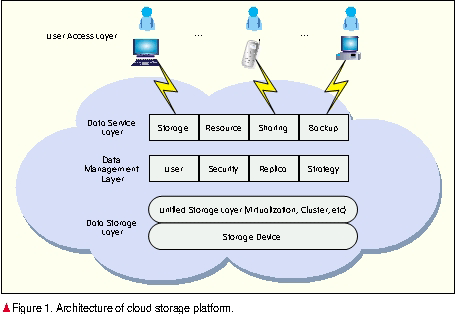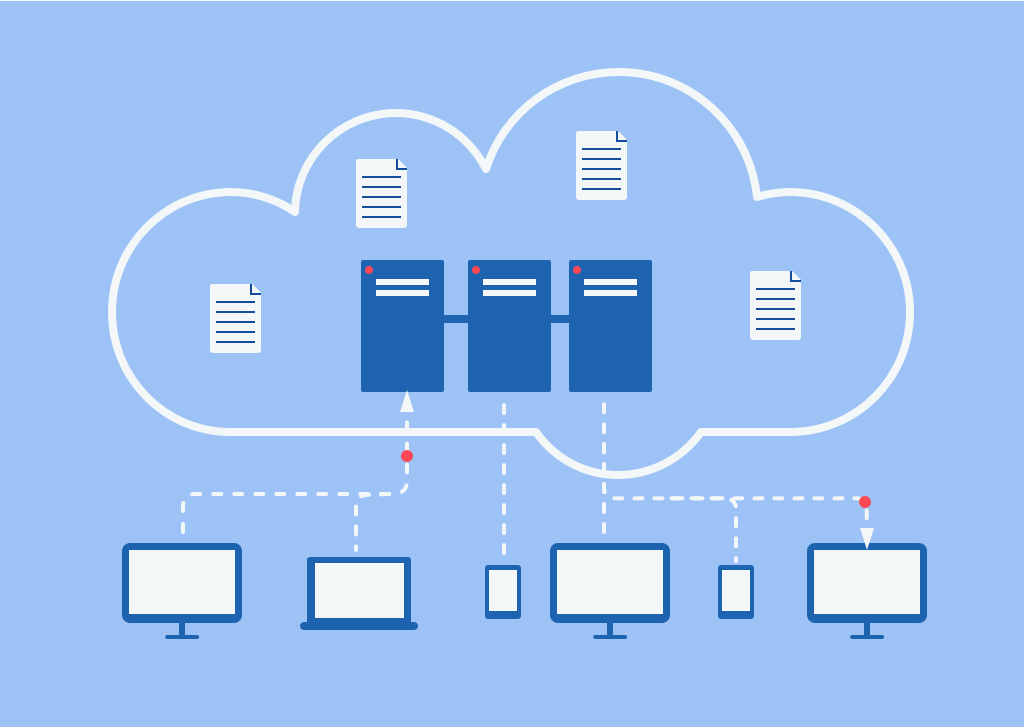Transform Your IT Facilities With Universal Cloud Provider
In today's rapidly progressing digital landscape, the change towards universal cloud services has ended up being a tactical imperative for organizations seeking to enhance their IT facilities. The capability to streamline operations, enhance scalability, and improve general efficiency with cloud movement is obvious. Nonetheless, the real concern lies in exactly how these services can be customized to resolve the distinct demands and difficulties dealt with by various services. By exploring the nuanced methods which universal cloud services can be tailored and incorporated, companies can absolutely open their complete capacity in accomplishing digital transformation and affordable benefit in the marketplace.
Advantages of Universal Cloud Services
Welcoming universal cloud solutions supplies organizations a myriad of advantages that simplify operations and boost scalability in today's vibrant digital landscape. One key advantage is cost-efficiency, as cloud solutions remove the demand for upfront financial investments in hardware and framework. This pay-as-you-go model allows organizations to scale resources up or down based upon their needs, maximizing spending and minimizing overall IT expenses. In addition, cloud services provide adaptability and ease of access, making it possible for employees to accessibility data and applications from anywhere with a net connection. This not only boosts partnership and performance but likewise sustains remote work plans, which have actually become progressively common in the modern company world.
Furthermore, universal cloud solutions supply improved protection steps, with data security, routine backups, and integrated catastrophe recovery systems. Generally, accepting global cloud solutions can lead to increased performance, agility, and competition for organizations in today's digital age.
Movement to Cloud Facilities
Organizations significantly acknowledge the critical imperative of transitioning their IT infrastructure to cloud-based options. Moving to shadow infrastructure offers countless benefits, including scalability, cost-efficiency, and boosted dexterity. One of the primary factors companies go with cloud migration is the ability to range resources up or down based upon fluctuating demands, ensuring ideal efficiency without overprovisioning. Moreover, cloud services eliminate the demand for significant upfront financial investments in physical equipment, reducing funding expenses and permitting organizations to pay only for the resources they utilize.
An additional benefit of moving to shadow framework is the enhanced agility it provides. Cloud platforms offer rapid implementation of solutions and applications, allowing services to adjust promptly to market adjustments and remain ahead of competitors. Furthermore, the cloud helps with remote access to applications and information, cultivating cooperation amongst geographically distributed groups.
Enhancing Information Security Actions

One critical element of enhancing data safety is executing multi-factor authentication (MFA) to add an additional layer of protection past passwords. MFA requires users to supply 2 or more confirmation elements, such as a password and an one-of-a-kind code sent to their mobile tool, before accessing delicate data. This dramatically decreases the threat of unauthorized gain access to, even if passwords are endangered.
Additionally, companies ought to consistently carry out security audits and vulnerability analyses to recognize and resolve potential weak points in their information security infrastructure - universal cloud storage press release. By staying positive and continually improving data safety actions, organizations can efficiently minimize threats and guard their valuable info possessions in an increasingly electronic world
Applying Cloud-Based Applications
In adapting to modern-day technical advancements, organizations are progressively leveraging cloud-based applications to his response optimize their operations and improve effectiveness. Cloud-based applications use a range of advantages, consisting of scalability, adaptability, and cost-effectiveness. By carrying out cloud-based applications, organizations can improve processes, improve cooperation amongst teams, and improve overall performance.

Moreover, implementing cloud-based applications can lead to better information management and safety. These applications normally have integrated safety functions and offer data file encryption to safeguard delicate info. This can aid companies comply with information protection laws and minimize the risk of information breaches. Generally, taking on cloud-based applications can transform exactly how organizations run, driving innovation and competitiveness in today's digital landscape.
Taking Full Advantage Of Cost-Efficiency
To achieve optimum cost-efficiency in leveraging cloud-based applications, organizations need to strategically evaluate their resource allocation and utilization. One key technique for maximizing cost-efficiency is to embrace a pay-as-you-go design, where organizations only pay for the resources and services they use. This adaptability enables price savings by eliminating the need to spend in costly infrastructure that might not be fully made use of.

Routine tracking and optimization of cloud resources are necessary for determining locations where cost-savings can be attained. By evaluating usage patterns and efficiency metrics, organizations can make educated decisions about resource allotment and additional streamline their procedures to take his explanation full advantage of cost-efficiency in the cloud.
Final Thought
In verdict, global cloud solutions offer numerous advantages such as cost-efficiency, versatility, enhanced safety and security procedures, and automated updates. Migrating to shadow facilities allows organizations to utilize agility, cost-efficiency, and scalability to stay competitive.
In addition, cloud solutions supply flexibility and ease of access, allowing employees to gain access to data and applications from anywhere with a net connection.Moreover, global cloud solutions provide enhanced security actions, with information file encryption, routine back-ups, and built-in disaster recuperation devices. Cloud systems use fast implementation of solutions and applications, enabling organizations to adapt promptly to market modifications and remain in advance of competitors. In addition, the cloud assists in remote access to information and applications, fostering cooperation amongst geographically spread teams.
In verdict, global cloud services supply various benefits such as cost-efficiency, flexibility, enhanced protection actions, and automated updates.